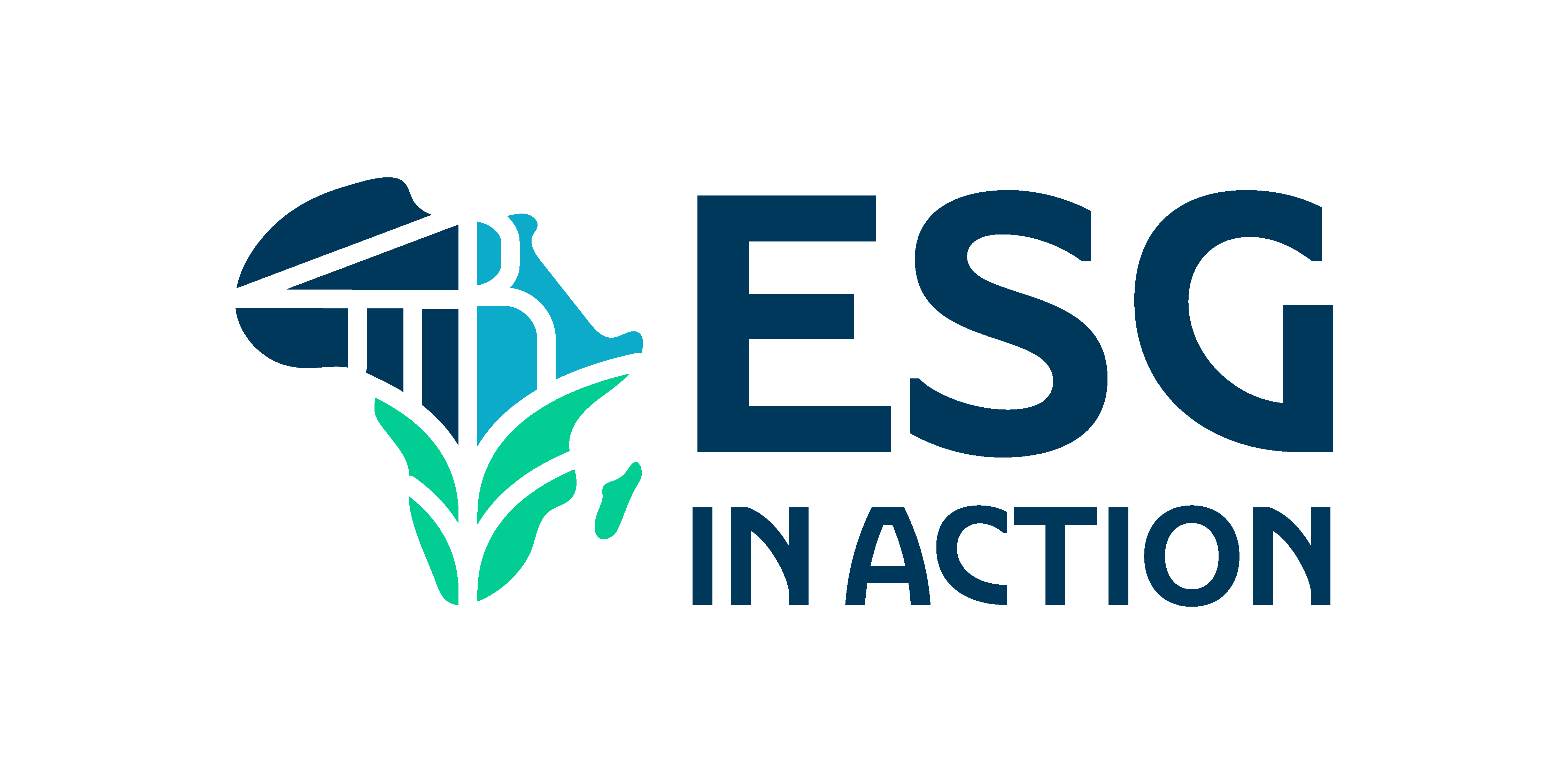
ESG in Action: Transforming Sustainability into Measurable Business Outcomes


Sustainability is no longer a theory. It’s in every part of business. It influences procurement decisions, investor expectations, boardroom conversations, and even hiring practices. What was once seen as external pressure is now an internal necessity. Businesses are no longer being asked what they intend to do about ESG. They are being asked what they have achieved.
Yet intent remains the dominant posture in much of the market. Policies exist. Commitments are made. Reporting cycles begin. But without internal ownership, the outcomes are thin. ESG is referenced but rarely felt where it matters most: operations, strategy, and performance.
This is why at ESGIAA, we are not focused on frameworks for their own sake. Our work begins where the reports end. We help organisations embed ESG in a way that delivers measurable returns, not in theory, but in practice.
Performance is the Point


Many organisations still treat ESG as a separate lane. There is the business, and there is the sustainability work. These two rarely meet. What follows is a pattern of fragmented effort: standalone policies, periodic training, or ESG targets that sit on the margins of operational priorities. This approach does not hold.
The organisations seeing results are those that have stopped treating ESG as an external requirement. They are using it to reframe risk, drive efficiency, and strengthen internal systems. Not because it is fashionable, but because it works.
Consider the shift in how risk is being viewed. Environmental compliance is no longer simply about avoiding penalties. It is a way to secure access to key markets. Social impact is not an obligation. It is a factor in workforce stability, local legitimacy, and customer growth. Governance is not paperwork. It is a tool for protecting value.
This is how ESG creates outcomes, not in isolation, but in connection with the business model.
From Idea to System


Over time, we have come to a solid conclusion that Intent does not scale. Systems do. Organisations often begin their ESG journey with high-level vision statements. But when there is no structure for ownership, execution stalls. ESG becomes a task for the communications team or a single sustainability officer. It does not move into procurement, risk, HR, finance, or operations. And so it remains abstract.
The shift happens when ESG becomes part of the decision-making infrastructure.
- When board committees start asking specific questions, not general ones.
- When ESG KPIs are embedded in performance reviews.
- When supply chain audits include both cost and carbon.
- When community relations are tracked, not assumed. This is where traction begins.
It is why, at ESGIAA, in our work with clients, we build systems, not slogans. Our support focuses on internal clarity, cross-functional alignment, and performance measurement. We help leadership teams make ESG real, not through pressure, but through structure.
What Change Looks Like


We work with organisations that are ready to move from commitment to capability. In many cases, the initial challenge is not ambition, but execution. Leadership has endorsed the ESG agenda, but teams lack the knowledge, insight, tools, or bandwidth to activate it. That is where the value is often lost, not in the planning, but in the doing.
Case Study: Turning ESG Strategy into Measurable Action for an Oil & Gas Leader


An African oil and gas company had a well-documented ESG strategy and the ambition to publish its first ESG report within the year. The leadership had endorsed the ESG agenda, but a critical gap emerged: there was no clear integration of ESG practices into day-to-day operations across the company’s multiple locations.
Without this operational embedding, the strategy risked becoming a static document rather than a living, actionable plan.
Using our proprietary SDES Framework, we began with a targeted, practical workshop for the executive management team. This wasn’t a generic training but a hands-on, context-specific session designed to equip leaders to take ownership of ESG execution.
By the end of the workshop, executives had a clear roadmap to embed ESG principles across business units, supply chains, and field operations. This set the stage for the company to move beyond compliance and reporting, towards a culture where ESG was an operational reality in every location they served.
ESG Without Data is Guesswork


Data remains the weakest link in many ESG programmes. Organisations are tracking what is easy to count, not what is critical to performance. This often leads to lengthy reports with no clear signal. Or worse, reports that no one internally uses. Effective ESG data is specific, decision-ready, and owned. It reflects both external benchmarks and internal context. It is used not only for disclosure, but for performance tracking.
We help organisations build ESG data structures that work at their level of maturity. For some, this means digitising manual processes. For others, it involves designing dashboards that can be used by non-specialists. The goal is not sophistication. It is usable. ESG data should be as reliable and relevant as financial data. If it is not, it will not drive action.
Governance Must Be Active


Boards continue to carry the ESG mandate, but in many cases, they are not equipped to translate that mandate into oversight. ESG is discussed, but not interrogated. Risk committees receive information, but rarely drive outcomes.
Stronger ESG governance starts with clarity on what the board needs to know, how often, and for what purpose. It continues with skill-building, not general ESG awareness, but the keen ability to ask operational questions, assess risk, and hold management accountable for execution.
We provide targeted governance support that is focused, practical, and board-specific. We do not train boards to become ESG experts. We help them govern effectively in a context where ESG is material to value.
What ESGIAA Brings to the Table


We are not a reporting agency. We are not a communications firm. We are a partner for organisations that are ready to convert ESG into performance.
- We design ESG strategies that integrate with core operations and market positioning.
- We deliver executive and board training grounded in real scenarios, not theory.
- We support the development of internal policies and systems that enable ownership.
- We assist with data design, reporting, and performance tracking that drives decisions.
- We help organisations refine their stakeholder engagement, not for compliance, but for resilience.
- We offer strategic sustainability marketing that aligns the brand with credibility.
More importantly, this is not about being seen as sustainable. It is about becoming resilient, trusted, and investable in a market where proof matters.



